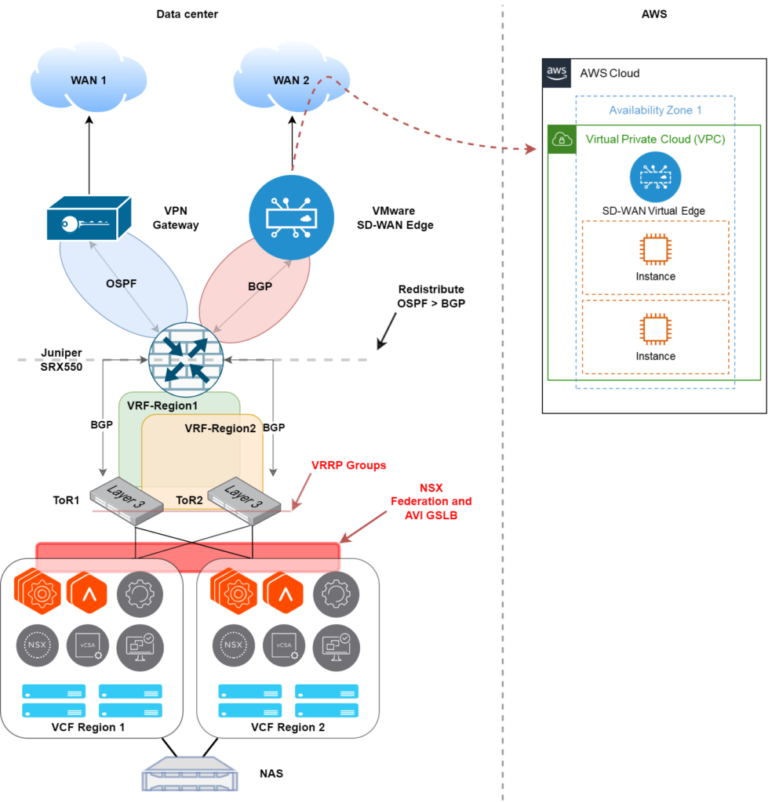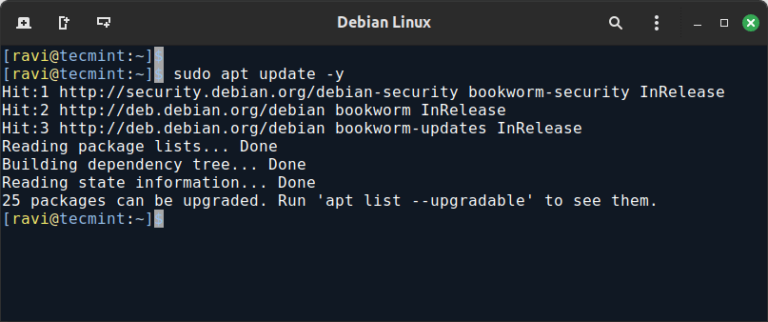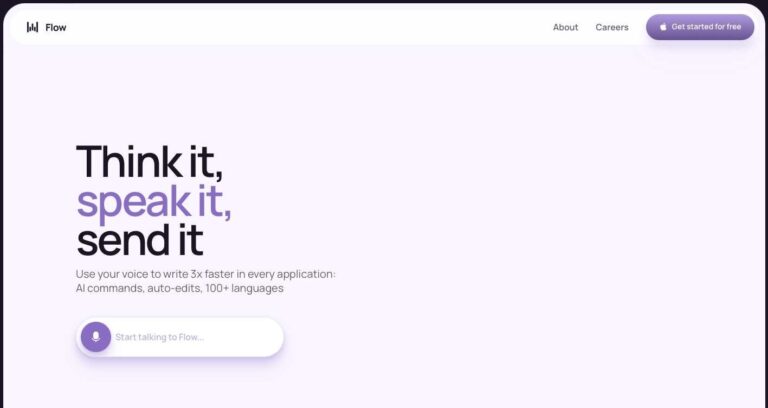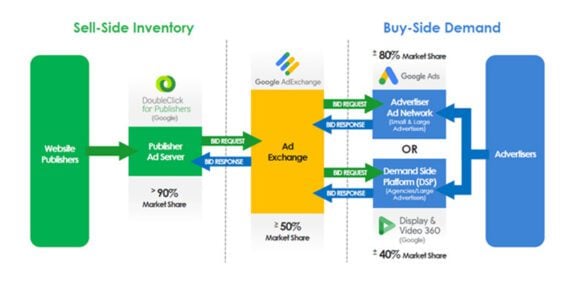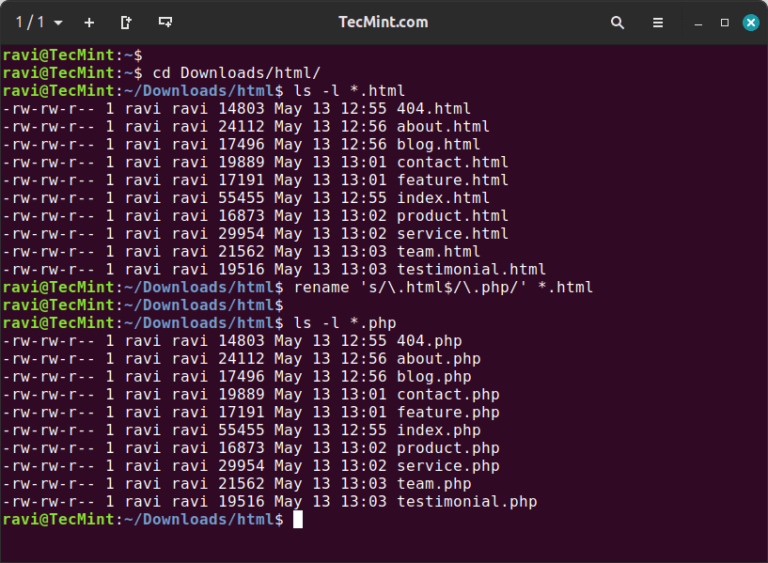AI is upending keyword research and analysis for search engine optimization.
I’ve addressed AI’s ability to generate new terms and identify search intent for an existing term. Yet the industry continues to innovate and evolve. Here are three AI tools for analyzing keywords, target audiences, content, intent, and more.
TermSniper
TermSniper identifies search intent for any keyword and suggests content tips for optimizing. Type a keyword, and the tool will provide an analysis.
I typed “best web hosting.” Here’s TermSniper’s analysis:
The primary search intent of this search term is to find and compare the best web hosting services available in 2024. The secondary search intent is to get recommendations and reviews of specific web hosting providers from trusted sources.
Insights
- Tone of voice: Informational
- User’s next action: Continue research
- Webpage format: Listicle
- Expert author needed: Not necessarily
- Brand authority needed: High to medium
- Incentive: Yes, various offers like discounts and promotions are common
- CTR boost: Yes, the use of numbers like “2024,” specific terms like “Top Picks,” and mentions of well-known brands
The tool pulls keywords that can match the search intent. For “best web hosting,” those keywords were “best,” “bluehost,” “wordpress,” and “millions.”
TermSniper scores the related keywords from 1 to 100 depending on how many high-ranking pages include each in their page copy and meta tags. The tool recommends adding words scoring 20 to 100 into your meta title, H1, and first paragraph. Add words scoring 1 to 19 throughout the rest of your page in a natural fashion.
TermSniper offers five free credits to test ‚ with one keyword analysis per credit. Paid plans start at $2 per credit with a $10 minimum.
SEO.ai
SEO.ai offers AI-driven research that can limit keyword lists by the target audience. Provide a base term, click on the “Audience keywords” tab, and describe your target audience. The tool will find related keywords matching that audience.
For “best web hosting,” I described the target audience as “Beginner users who are planning to start a site.”
SEO.ai’s keyword suggestions that match my audience were:
- “reliable providers,”
- “starter plans,”
- “money-back,”
- “low-cost.”
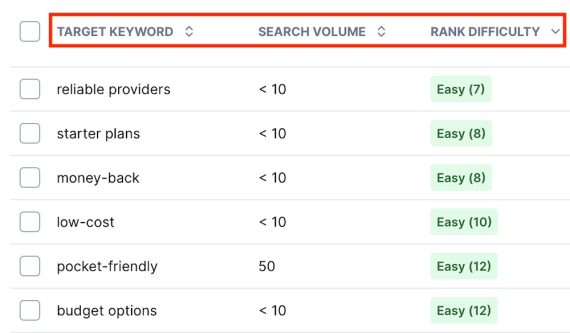
SEO.ai provides keyword suggestions to match a target audience. Click image to enlarge.
I can sort those keywords by search volume or ranking difficulty. Based on those metrics, I can launch a dedicated page, add the words to existing pages, or both.
SEO.ai offers a 7-day free trial with a credit card. Paid plans start at $49 per month.
Free SEO Keyword Research & SERP Analyzer
Free SEO Keyword Research & SERP Analyzer is a custom GPT for all ChatGPT users. It can scrape any Google search-result page (or any page) and analyze keyword usage, intent, and the target audience.
For “best web hosting,” the tool’s SERP analysis was as follows:
- User Intent: Users searching for “best web hosting” are likely looking for comprehensive reviews, comparisons, and recommendations to make an informed decision on web hosting services.
- Content Freshness: Most articles are from 2024, ensuring up-to-date information on the latest web hosting trends and services.
- Authority & Trust: The top results come from reputable tech review sites like TechRadar, PCMag, and CNET, as well as a highly engaged community platform (Reddit).
As with any ChatGPT or custom GPT prompts, users can refine the prompt as needed. For example, follow-up prompts could be:
- “What are the most common keywords found in search snippets for this query?”
- “What types of pages rank for this search query?”
Users can also identify any URL ranking for a target query and prompt the custom GPT to analyze its keywords and usefulness and compare it to users’ own pages.

